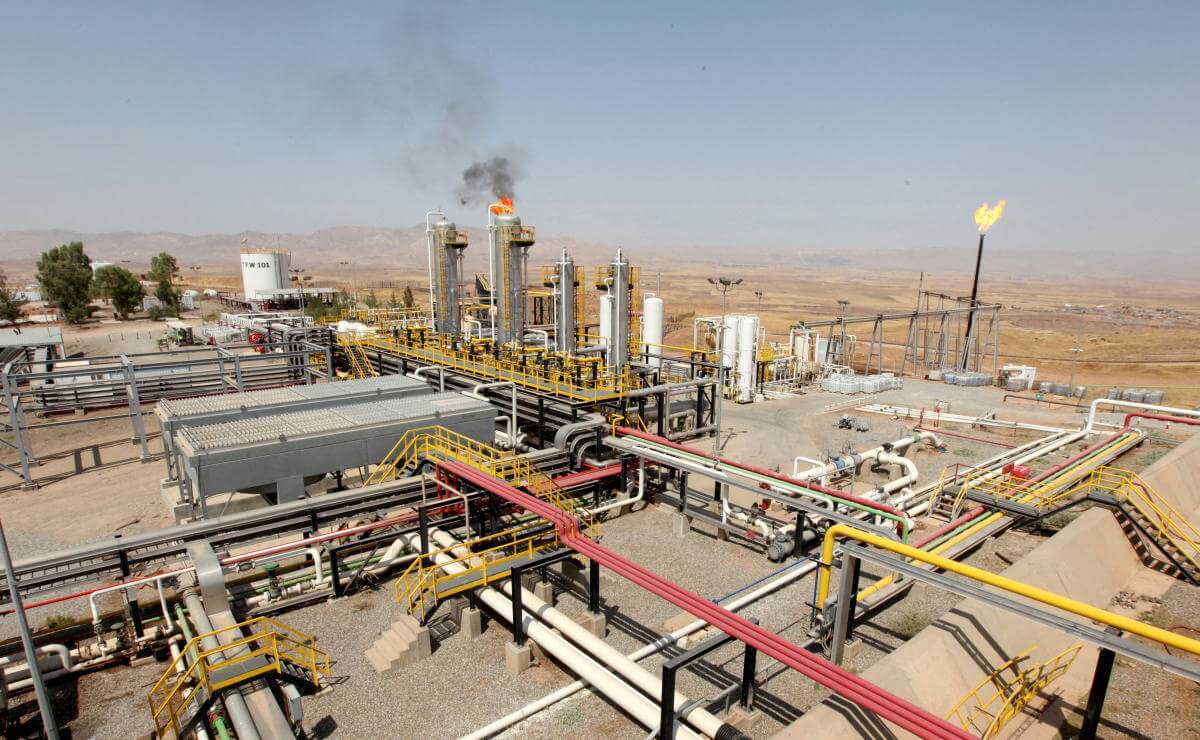Kurdish leaders have condemned a decision by the Iraqi Supreme Court saying that the Kurdistan Autonomous Region (KAR) cannot sell oil independently of Baghdad. The ruling, which was delivered on Tuesday, said that a 2007 oil and gas law that allows autonomy for Kurdish authorities to regulate the oil industry in KAR was unconstitutional.
The court demanded that Kurdish authorities transfer all crude oil supplies to the Iraqi government and said that oil production, distribution, and exports will come under the authority of the Iraqi Oil Ministry. It ruled that the Kurdistan Regional Government’s (KRG) oil contracts with oil companies and foreign states are invalid, including exploration, extraction, and export agreements.
Furthermore, the verdict stated that the KRG must allow the Oil Ministry to audit all deals reached between Kurdish authorities and oil companies. However, according to the Iraqi News Agency, the court held the hearing of the case without prior approval from the federal government, which has previously challenged the KRG’s right to export oil without its approval.
In 2007, the KRG passed its own oil and gas law enabling it to control and develop the region’s energy resources. Following the United States’ (US) invasion of Iraq in 2003, a new constitution was adopted by Iraqi authorities in 2005. While the constitution recognised the autonomy of the Kurdistan region, it was not clear who would control energy resources. Article 112 of the constitution states that the federal and regional governments “shall together formulate the necessary strategic policies to develop the oil and gas resources.”
Moreover, no legislation exists on the control of energy resources, further complicating matters. A law on regulating energy production has been pending since 2005 and parties have promised to vote on it.
“Article 112 of the Constitution also stipulates that oil and gas is not within the exclusive authority of the federal government.”https://t.co/iYNVVlP2bu
— Kurdistan Regional Government (@Kurdistan) February 15, 2022
The court’s decision was condemned by Kurdish authorities. On Wednesday, the KRG released a statement saying that the ruling was “unjust” and “unconstitutional.” It noted that the court’s decision to strip KRG of its powers to regulate its energy resources “violates the rights and constitutional authorities” of the KAR.
“The KRG will not give up on the Kurdistan Region’s rights which are set in the Iraqi constitution, and will continue its attempts with the federal government to reach a constitutional solution for this matter,” the statement added.
Similarly, Masoud Barzani, the head of the Kurdistan Development Party (KDP), the KAR’s biggest political party, said on Wednesday that the court’s decision was “completely political.” Barzani noted that the verdict not only “contradicts” the Iraqi constitution but is also “aimed at opposing the Kurdistan Region and is against the Iraqi federal system.”
The issue was also brought up during a meeting between Kurdistan Region President Nechirvan Barzani and US Ambassador to Iraq Matthew Tueller. While it was not clear what exactly was discussed during the meeting, Barzani’s office said that the court’s verdict “will not help stability in the country, and that all sides should seek solutions and preserve stability.”
A report released by S&P Global on Thursday said that the ruling may “undermine investor confidence in Kurdistan, which wants to attract foreign capital to further develop its oil and gas industry” and “further complicate tense ties with the federal government amid the prolonged government formation process.”
According to the US Energy Information Administration (EIA), “KRG-controlled areas held almost 3 billion barrels of [oil] resources” as of October 2020. According to data published by the KRG, during the first half of 2021, the regional government exported a total of nearly 80 million barrels of crude oil, worth over $1.7 billion.

